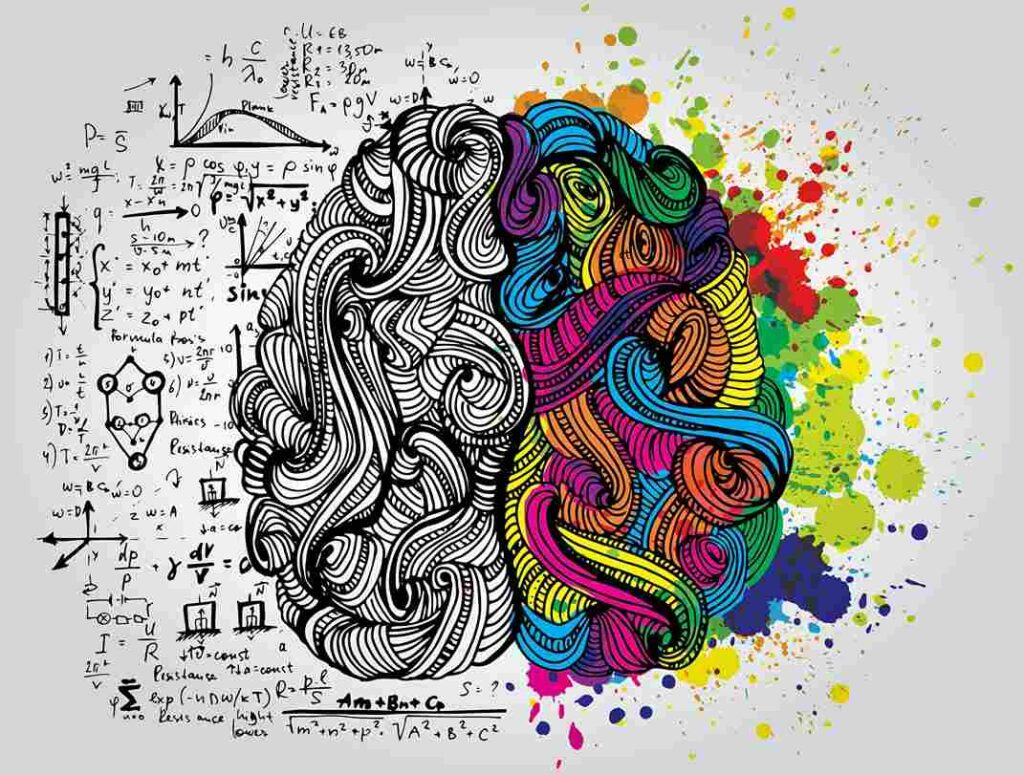Education is a fundamental aspect of human development. Hence, educational psychology plays a vital role in understanding how people learn and how to optimize the learning process. In this blog, we will explore the key concepts, perspectives, and practical applications of educational psychology. We will also discuss some future directions of research and practice in this field. Whether you are an educator, student, or parent, understanding the principles of educational psychology can help you to enhance teaching and learning, and achieve your educational goals.
Contents
What Is Educational Psychology?
 Educational psychology is the scientific study of how learning and teaching can be optimized to create effective learning environments. It involves the study of various factors that affect learning, such as cognitive and developmental processes, motivation, and individual differences. Educational psychologists use research-based techniques to design and evaluate educational interventions and programs, and they work with teachers, students, and parents to improve learning outcomes.
Educational psychology is the scientific study of how learning and teaching can be optimized to create effective learning environments. It involves the study of various factors that affect learning, such as cognitive and developmental processes, motivation, and individual differences. Educational psychologists use research-based techniques to design and evaluate educational interventions and programs, and they work with teachers, students, and parents to improve learning outcomes.
Perspectives In Educational Psychology
Several perspectives in educational psychology offer different approaches to understanding learning and teaching. Some of the most commonly recognized perspectives include:
Behavioral Perspective
The behavioral perspective focuses on observable behavior and environmental factors in learning. It suggests that learning occurs through the interaction of a learner with the environment and that behavior can be modified through rewards and punishments. This perspective has been influential in the development of behavior modification techniques. Moreover, this applies to educational settings, including classroom management and special education.
Cognitive Perspective
The cognitive perspective focuses on the mental processes involved in learning, such as attention, perception, memory, and problem-solving. It suggests that learning occurs through the acquisition and organization of information in the mind and that learners actively construct knowledge through their experiences. This perspective has been influential in the development of cognitive psychology. It applies in educational settings, including curriculum design and instructional strategies.
Developmental Perspective
 The developmental perspective emphasizes the role of age and developmental stage in learning. It suggests that learners have different cognitive abilities and needs at different stages of development and that effective teaching must take these differences into account. It has also been influential in the development of developmental psychology. This perspective applies to early childhood education and adolescent learning.
The developmental perspective emphasizes the role of age and developmental stage in learning. It suggests that learners have different cognitive abilities and needs at different stages of development and that effective teaching must take these differences into account. It has also been influential in the development of developmental psychology. This perspective applies to early childhood education and adolescent learning.
Sociocultural Perspective
The sociocultural perspective emphasizes the social and cultural contexts in which learning occurs. It suggests that learners are influenced by their cultural background, language, and social interactions and that effective teaching must be sensitive to these factors. This perspective applies to a range of educational settings, including multicultural education and language learning.
Humanistic Perspective
The humanistic perspective emphasizes the importance of individual choice and self-determination in learning. It suggests that learners are motivated by a desire to fulfill their potential and achieve self-actualization, and that teaching must promote learners’ self-esteem and sense of autonomy. This perspective applies to educational settings like student-centered learning and counseling.
Information Processing Perspective
The information processing perspective emphasizes the processing and manipulation of information as a key factor in learning. It suggests that learners take in information through their senses, process it in working memory, and store it in long-term memory and that effective teaching must facilitate these processes. This perspective has been influential in the development of cognitive science. It usually applies to instructional design and educational technology.
Each of these perspectives offers a different approach to understanding learning and teaching. Educational psychologists may draw on one or more of these perspectives in their research and practice. By considering these different perspectives, educators can develop a more comprehensive understanding of the learning process and use this knowledge to enhance teaching and learning.
Applications Of Educational Psychology
 Educational psychology has many practical applications in various fields of education. Here are some examples:
Educational psychology has many practical applications in various fields of education. Here are some examples:
- Curriculum Design: Educational psychologists use their knowledge of learning and development to design effective curricula. They design learning materials and activities that are appropriate for the age, developmental level, and cultural background of the learners.
- Instructional Strategies: Psychologists also help educators to develop effective instructional strategies that can help learners to acquire knowledge and skills. They guide how to structure lessons, how to use instructional technology, and how to create an engaging learning environment.
- Classroom Management: Educational psychologists help teachers to manage their classrooms effectively. They guide how to promote positive behavior and prevent disruptive behavior, how to build positive relationships with students, and how to create a safe and inclusive learning environment.
- Assessment and Evaluation: Psychologists develop and implement assessments that measure learners’ knowledge and skills. They also analyze the results of assessments and provide feedback to educators on how to improve teaching and learning.
- Special Education: Educational psychologists play a key role in the field of special education. They assess learners with special needs and guide how to provide appropriate support and accommodations. They also work with educators to develop individualized education plans (IEPs) that meet the unique needs of each learner.
- Counseling: The concept of educational psychology has applications in counseling as well. This comes to use to understand the learners who may be struggling with academic, social, or emotional issues. They use their knowledge of human development and behavior to help learners cope with challenges and develop the skills they need to succeed.
- Educational Policy: Educational psychologists also play a role in shaping educational policy. They research educational issues and provide evidence-based recommendations to policymakers. They also advocate for policies that promote effective teaching and learning.
Future Directions in Educational Psychology
 As our understanding of human learning and development continues to evolve, the field of educational psychology is constantly adapting to new insights and challenges. Here are some potential future directions for research and practice in educational psychology:
As our understanding of human learning and development continues to evolve, the field of educational psychology is constantly adapting to new insights and challenges. Here are some potential future directions for research and practice in educational psychology:
- Advancing Technology and Education: With the increasing integration of technology in education, research in educational psychology may focus on the impact of technology on learning and how best to incorporate technology in teaching.
- The Importance of Diversity: Educational psychology may further explore the impact of cultural, social, and linguistic diversity on learning, and how to best support learners from diverse backgrounds.
- Social and Emotional Learning: With the growing recognition of the importance of social and emotional learning, educational psychology may focus on how to foster social and emotional skills, such as empathy, self-regulation, and resilience, in learners.
- Neuroscience and Education: Research may further explore the relationship between brain development and learning, and how insights from neuroscience can inform teaching practices.
- Individualized and Personalized Learning: Educational psychology may explore the potential of personalized learning approaches, such as adaptive learning technologies, and how to best support individual learners’ needs and preferences.
- Mental Health and Well-being: Given the increasing prevalence of mental health challenges among learners, educational psychology may focus on how to support learners’ mental health and well-being in educational settings.
- Globalization and Education: As education becomes increasingly global, educational psychology may explore how to prepare learners for a globalized world. Research may be conducted on how to promote intercultural understanding and communication.
Overall, the future of educational psychology is bright, with exciting opportunities for advancing our understanding of human learning and development and improving teaching and learning practices.
Conclusion
In conclusion, educational psychology is a field that applies theories and research from psychology to education. It provides valuable insights into how learners acquire knowledge and skills and how educators can create effective learning environments. By understanding the key concepts and perspectives in educational psychology, educators can develop more effective teaching strategies and support learners in achieving their goals. If you are struggling with teaching or learning, don’t hesitate to seek help from an educational psychologist or other education professionals who can provide guidance and support.
For more information, please contact MantraCare. Online therapy types include videoconferencing, phone sessions, messaging-based therapy, chat-based therapy, and therapy based on different problems. If you have any queries regarding Online Counseling experienced therapists at MantraCare can help: Book a trial therapy session.


